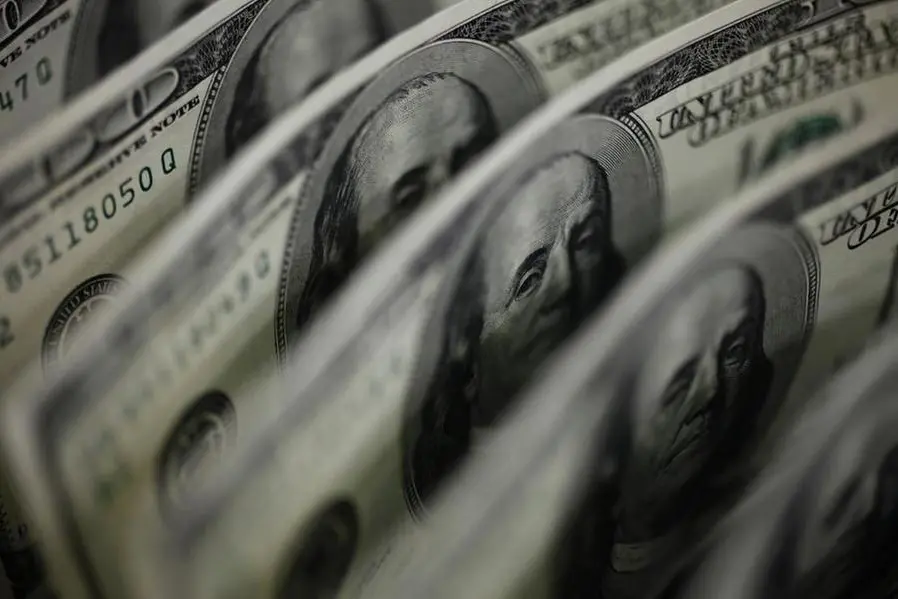PHOTO
The dollar eased from a one-week high on Wednesday ahead of a speech by Federal Reserve Chair Jerome Powell, while optimism over a possible loosening in China's COVID restrictions set it on course for its biggest monthly loss in over 20 years.
The euro was one of the better performers, rising by as much as 0.3% ahead of euro zone inflation data that could show the first deceleration since June last year.
Harmonised consumer inflation is expected to have risen by 10.4% in November, down from October's final reading of 10.6%. It's still more than five times the European Central Bank's target rate. But after almost two years of near-relentless acceleration in inflation, markets could welcome any sign that the worst may be over.
European assets got a lift on Tuesday after inflation in Spain and a number of major German states cooled.
"The main focus is set to be on today’s flash CPI from the EU, which could set the scene as to whether we get 50 basis points or 75 bps when the ECB meets in just over two weeks’ time," CMC Markets chief markets strategist Michael Hewson said.
"There is increasing evidence that we might be getting close to peak inflation if the direction of travel of commodity prices over the past few months is any guide."
The euro was last up 0.2% at $1.0348, lifting off a one-week low earlier on Wednesday at $1.0319. Against sterling, it rose 0.1% to 86.46 pence.
The U.S. dollar index, which measures the performance of the greenback against six major currencies, fell 0.22% to 106.64, down from an overnight high of 106.90.
It has lost around 4.3% in November, making this its biggest one-month drop since June 2010, as investors have upped their bets that inflation has peaked and the Fed will soon signal a shift to a softer stance on monetary policy.
Powell will deliver a speech to the Brookings Institution in Washington at 1830 GMT on the economic outlook and the labour market, while private-sector employment data for November is due at 1315 GMT.
Markets show investors are attaching a probability of 63.5% odds that the Fed raises interest rates by just half a point on Dec. 14, and a 36.5% chance of another 75 basis point hike.
New York Fed President John Williams said on Monday that the central bank needs to press forward with rate rises, and St. Louis Fed President James Bullard said there is still "a ways to go" for policy tightening.
"The underlying message is that the Fed is not happy with where inflation and employment are at the moment," Bart Wakabayashi, branch manager at State Street in Tokyo, said.
"Powell will continue to err on the side of hawkishness at this point in time."
The dollar edged up 0.1% against the yen to 138.75 yen , as the pair continued to consolidate following a bounce from a three-month low of 137.50 on Monday.
Sterling was flat at $1.1962.
Meanwhile, in China, data showed manufacturing came in weaker than expected, as the government's zero-COVID policies continue to undermine economic activity.
The offshore yuan gained ground against the dollar, which eased by 0.1% to 7.1483.
Chinese health officials said on Tuesday they will speed up COVID-19 vaccinations for the elderly, aiming to overcome a stumbling block in efforts to ease unpopular "zero-COVID" curbs, which had sparked vigorous protests in recent days.
"Overall, it appears that China is readying to move from zero-COVID to living with COVID," Kim Mundy, a strategist at Commonwealth Bank of Australia, wrote in a client note.
(Reporting by Kevin Buckland; Editing by Lincoln Feast, Kim Coghill and Barbara Lewis)





















